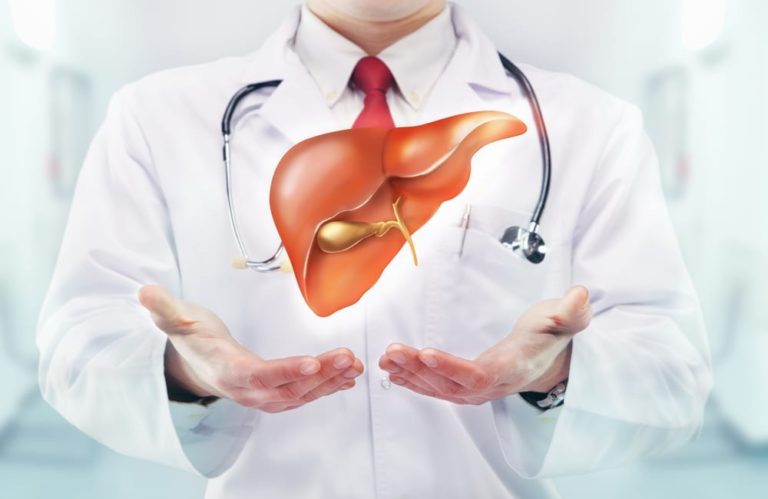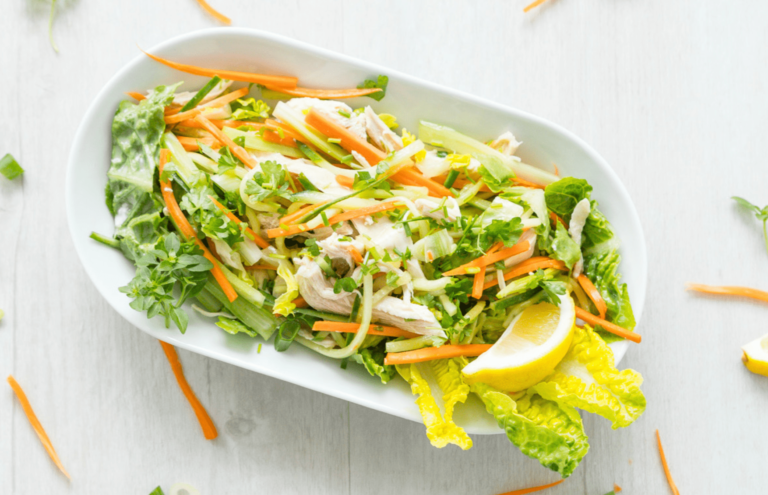This new section is intended to provide a brief look at topics in nutrition science.
5 Facts about Vitamin D – The Daily Bite of Knowledge

The daily bite of knowledge
Table of contents
1. vitamin D is related to cholesterol
Vitamin D can either be ingested with food or formed in the skin. When exposed to sunlight (more precisely, UVB radiation), vitamin D is formed in the skin from the precursor 7-dehydrocholesterol. Cholesterol is also formed from the same precursor with the help of an enzyme.
2. vitamin D makes immune
For the immune system to function properly, vitamin D is necessary. Vitamin D enables the development of T-killer cells that fight invading pathogens.
Du möchtest dich auch gesünder ernähren?

3. vitamin D acts together with vitamin K
That calcium is important for the bones is known to most. But it is only through the action of vitamin D and vitamin K that calcium gets to where it is supposed to go: Into the bones and not as plaque on teeth or as “calcification” in the blood vessels.
4. vitamin D protects against autoimmune diseases
Vitamin D deficiency appears to be a risk factor for several autoimmune diseases, including type 1 diabetes mellitus, Chron’ s disease, and multiple sclerosis. Whether a too low vitamin D level can really promote such diseases or whether it is rather the consequence is not yet completely clarified. However, a link between vitamin D deficiency and autoimmune diseases has been repeatedly found in studies.
5. vitamin D makes fertile
Several factors are necessary for a child to be conceived from a sperm and an egg. One of the decisive factors is the motility of the sperm, i.e. their mobility. If the sperm do not advance, the journey to the egg takes so long that they die first. Good vitamin D supply appears to be important for sperm motility.
Always stay up to date with our Newsletter.
Similar posts by Foodpunk
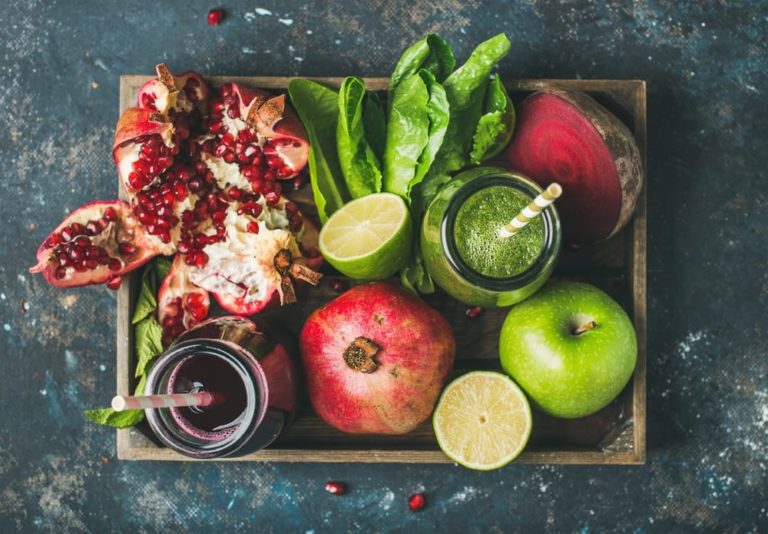
So much fruit you can eat in the keto diet
Here we have created a fruit table in which you can see exactly what amount of fruit contains what amount of carbohydrates.
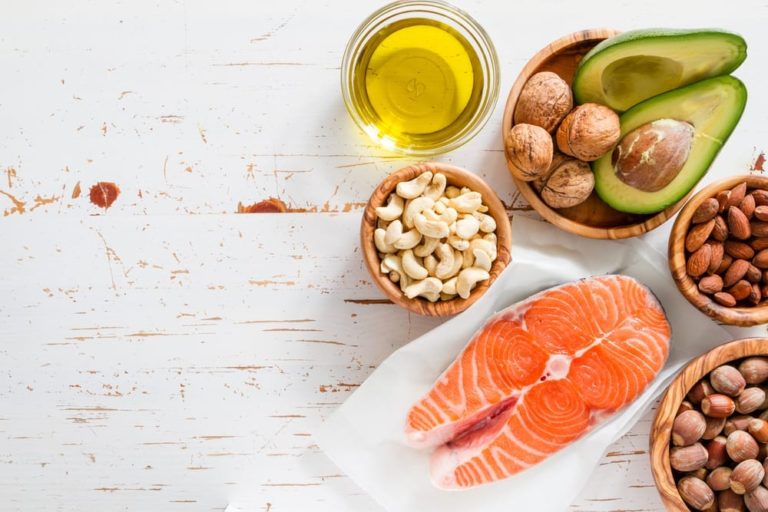
The best sources of fat – The daily bite of knowledge
Fat is a great source of energy. If you are on a low carbohydrate diet, you should by no means eat low fat. Because especially in a low carb diet, the body needs the energy from high-quality fatty acids. But not all fat is the same.
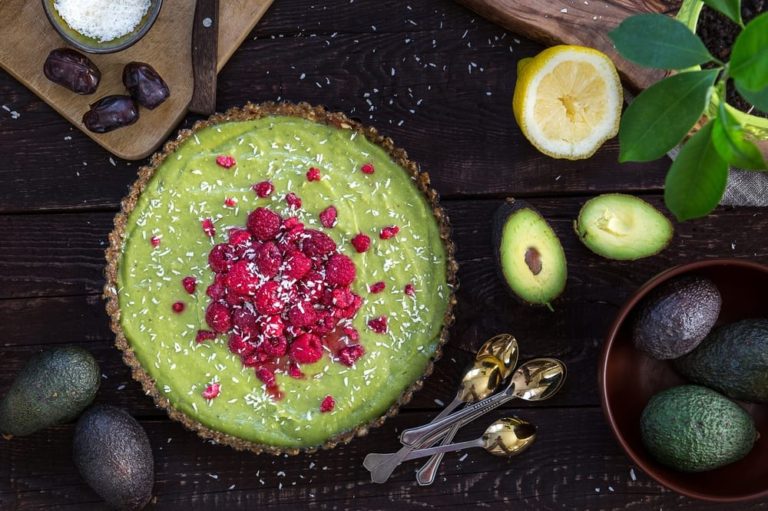
Maybe you have heard of the so-called AIP in connection with autoimmune diseases - read here what exactly is behind it!

Eggs make happy! – The daily bite of knowledge
Normally, you always hear about high cholesterol in the media, usually in connection with the risk of coronary heart disease (*). However, hardly anyone talks about cholesterol levels being too low.
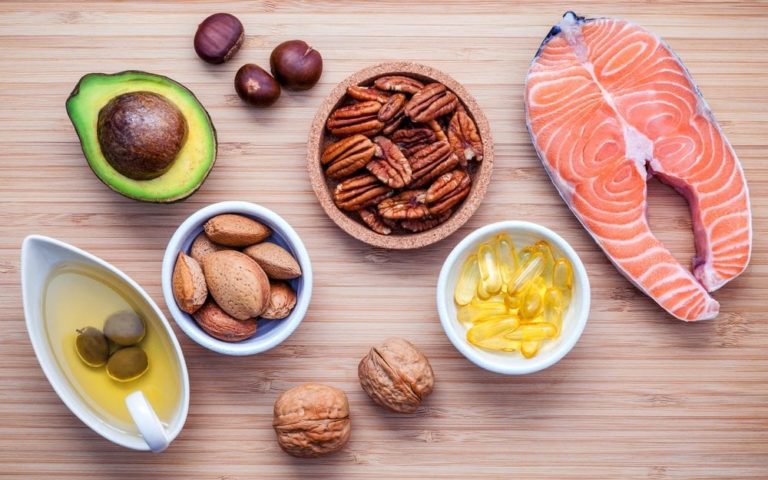
That ketone bodies are supposed to be good, we have somehow heard before. Also that they occur when you eat very few carbohydrates. But where in the body are these ketone bodies produced exactly? And how does that work?
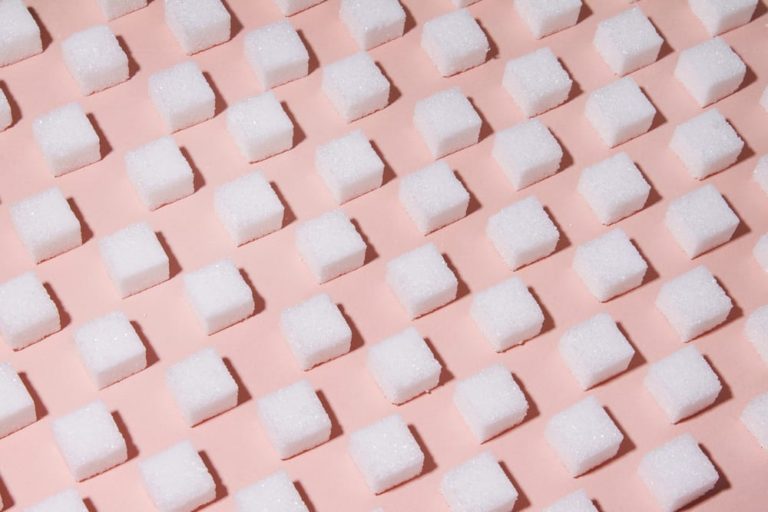
Why you should give up sugar from now on
Give up sugar? There are many good reasons. Your blood work, weight and mood will thank you!

Why cheese is addictive – The daily bite of knowledge
Many people are ready to change their diet. They are willing to try new ways and give up certain foods. Except one. Very often I hear "Yes, but... not without my cheese!"
